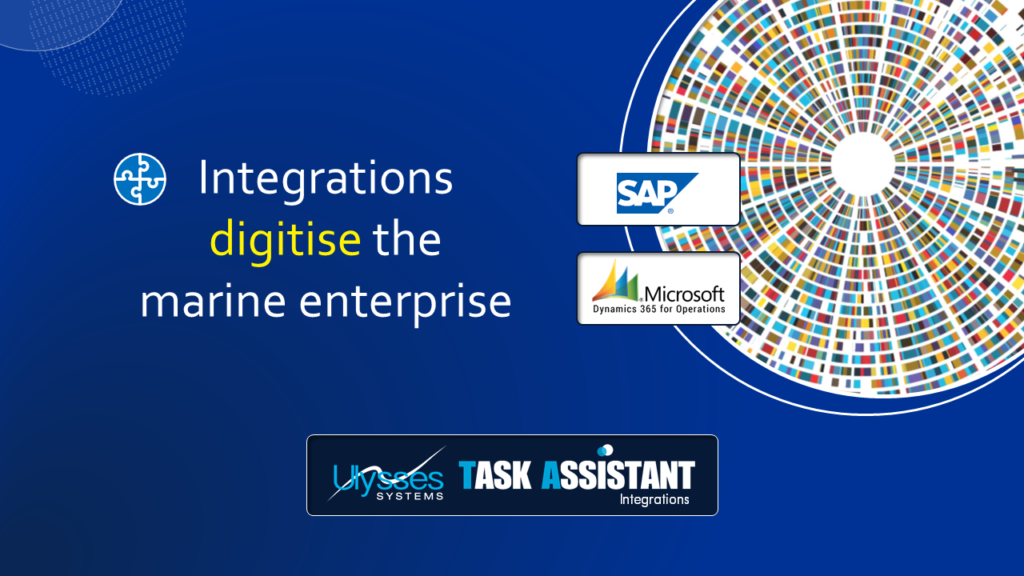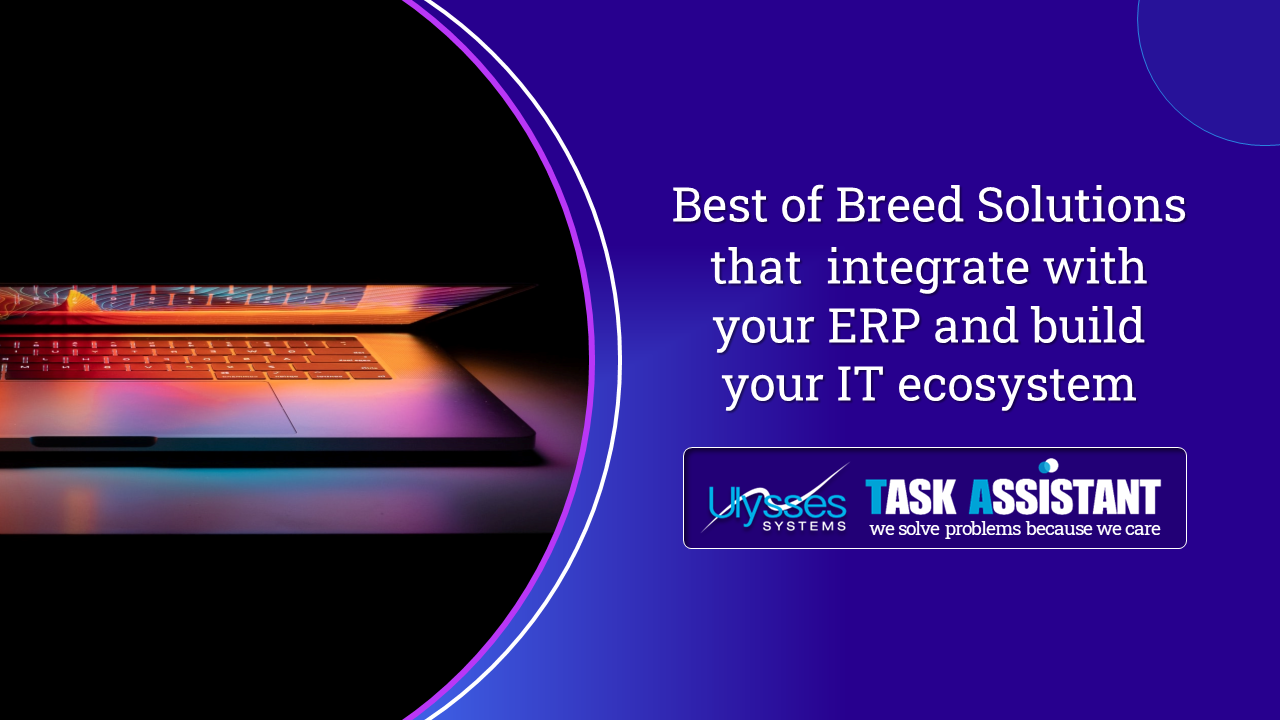
Task Assistant® Integration Expertise
Best of Breed Solutions
In the Marine Industry, best of breed solutions specialise and anticipate specific processes’ needs with dedicated focus and by means of configuration. Where dedicated focus means expert solutions. And configuration means that the business and the data model can be extended so that the solution adapts to needs as they arise. In addition, low-coding capabilities make development and deployment rapid.
Verifiably, Task Assistant® Integration Expertise is the result of a dedicated focus in developing expert integration solutions that are convenient to use. Because the best service one can offer to the frontline staff of the marine enterprise is usability. Consequently, Task Assistant® Integrations allows enterprises the luxury of using their best of breed systems and unifying them with their ERP software with guaranteed convenience.
Task Assistant® Integrations also bridge business processes with developer processes, by filling process gaps or extending existing ones. https://www.ulysses-systems.com/blog/riding-the-wave-of-digital-transformation/

Video Title
An ERP System
Does an ERP system come with complications? If an ERP suite has not been designed for the marine industry, the answer is ‘yes’. This is because an ERP system which has not been designed for the vertical will require customisations. In other words, the system cannot satisfy domain needs or domain processes. Moreso, the needs vary by enterprise department, triggering customisations per department and therefore more enterprise effort. But why does it have to be so complicated? Well, because there is but a sketchy understanding of the marine vertical, causing limited system configurability.
Customisations come at a cost. The risk of not upgrading
Customisations, however, come at a great cost in time, money, and effort for enterprise resources. An effort, no doubt, better spent in digitizing valuable enterprise content that “lives” outside applications. For example, documents and emails. Also, not rarely, when upgrading the single system, customisations are lost and must be redone. As a result, companies, in order to avoidthe pain of redoing customisations, often decide not to upgrade…
But if redoing customisations becomes a reason to avoid upgrades, then the enterprise will suffer far reaching consequences. Firstly, it causes the system to become outdated. This, then, runs the risk of making the single system an inexpedient data silo. And effecting data exchanges will become impossible. And the stored data, to be useful, will have to be extracted, making the system itself even less usable. Finally and importantly, the enterprise will not be able to attain full digitization.
